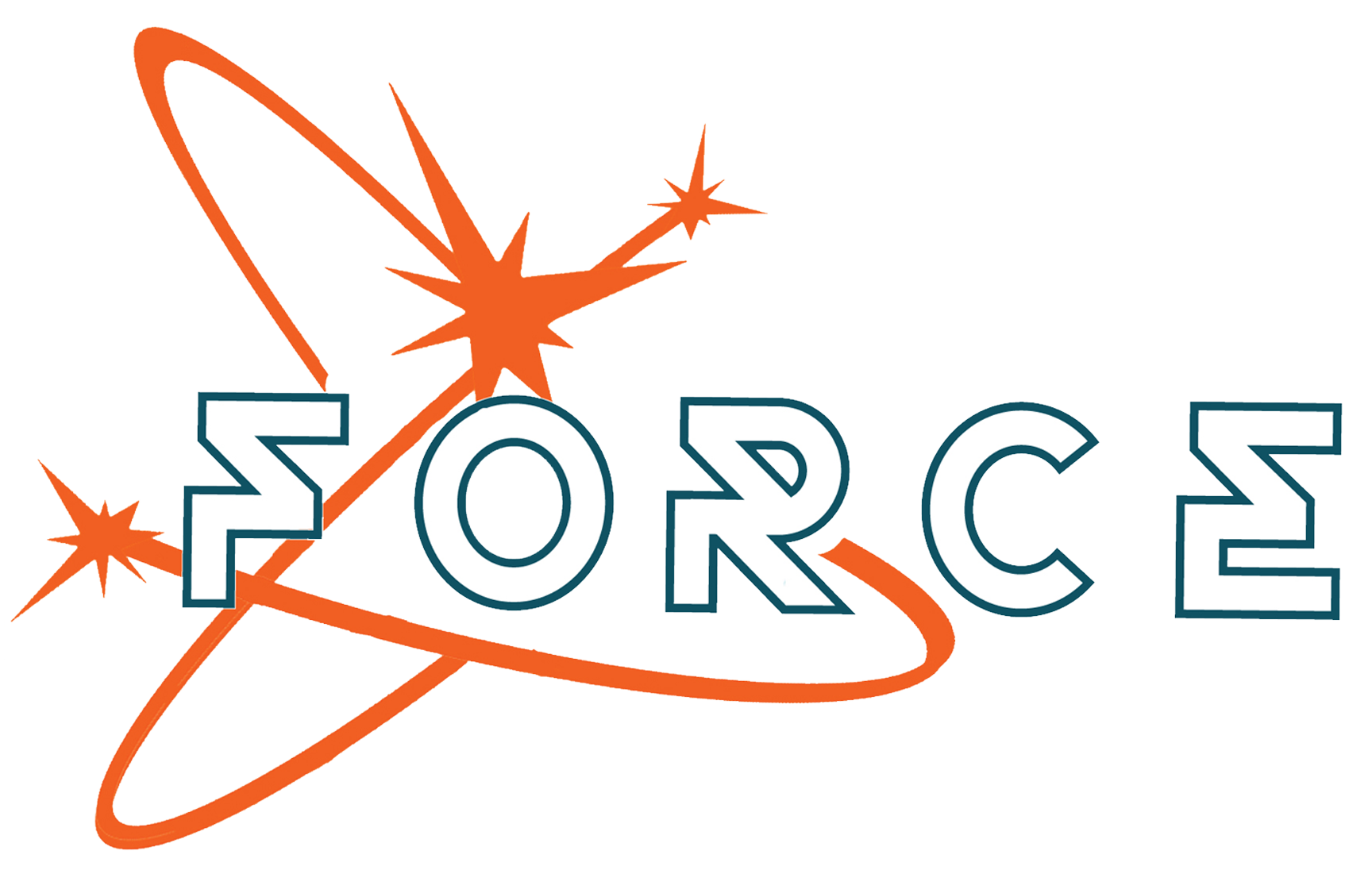Racism and Youth Firearm Violence: Designing a Conceptual Model and Measures

This pilot study will 1) inform the development of a youth structural racism measure; 2) develop a conceptual framework that elucidates key pathways bridging structural racism to racial disparities in youth firearm violence; 3) identify factors that promote resilience within the context of racism-related stress.
Abstract
The association between structural racism (e.g., residential racial segregation, historical redlining) and firearm assaults (fatal and non-fatal) have been documented across cities and states in the United States. Less is known, however, about why neighborhoods negatively affected by structural racism increases the risk of youth firearm violence injury. Identifying the potential pathways bridging structural racism to youth firearm violence is critical to informing the development of culturally responsive youth firearm violence prevention efforts. Moreover, while structural racism constitutes a risk for youth firearm violence, not all youth exposed to racism experience firearm violence. Resilience is understudied in the context of youth firearm violence prevention and identifying protective factors can inform strength-based community and youth firearm violence prevention programs.
To address these research gaps, the University of Michigan’s Institute for Firearm Injury Prevention will partner with FORCE Detroit – a community-based violence prevention organization – to evaluate the following research objectives:
Objective 1: Conduct one-on-one interviews with adult community members who serve youth living in Detroit to: (1) catalogue youth racism experiences that contribute to firearm violence, (2) elucidate multilevel pathways from racism to youth firearm violence, and (3) identify protective factors that promote resilience within the context of racism. This data will inform the development of a youth racism measure and a conceptual framework for the study of racism and youth firearm violence.
Objective 2: Conduct focus groups with Black youth to ensure that the newly developed measure of structural racism is culturally, ecologically, and developmentally representative of their racism-related experiences.
Objective 3: Implement a nationally representative survey of Black youth (ages 14-24) to evaluate the psychometric properties of the newly develop youth racism measure and test the mechanisms in the conceptual framework for the study of racism and youth firearm violence.